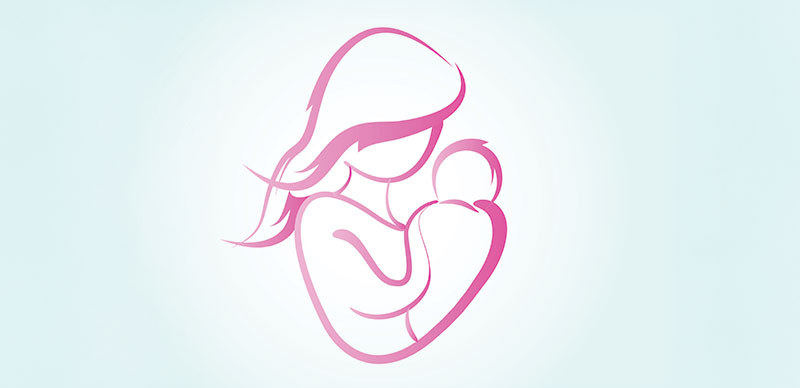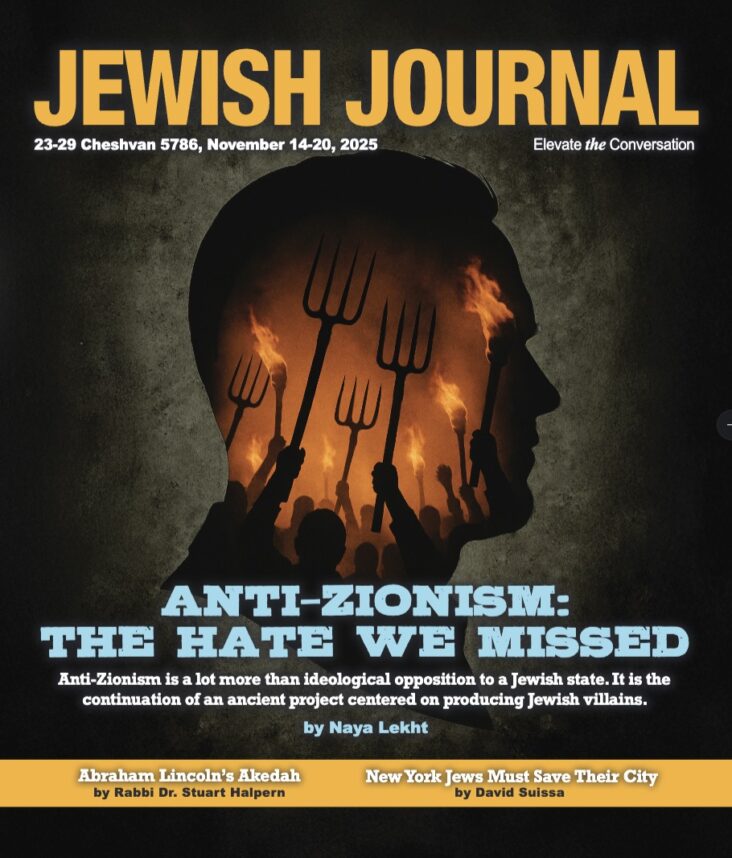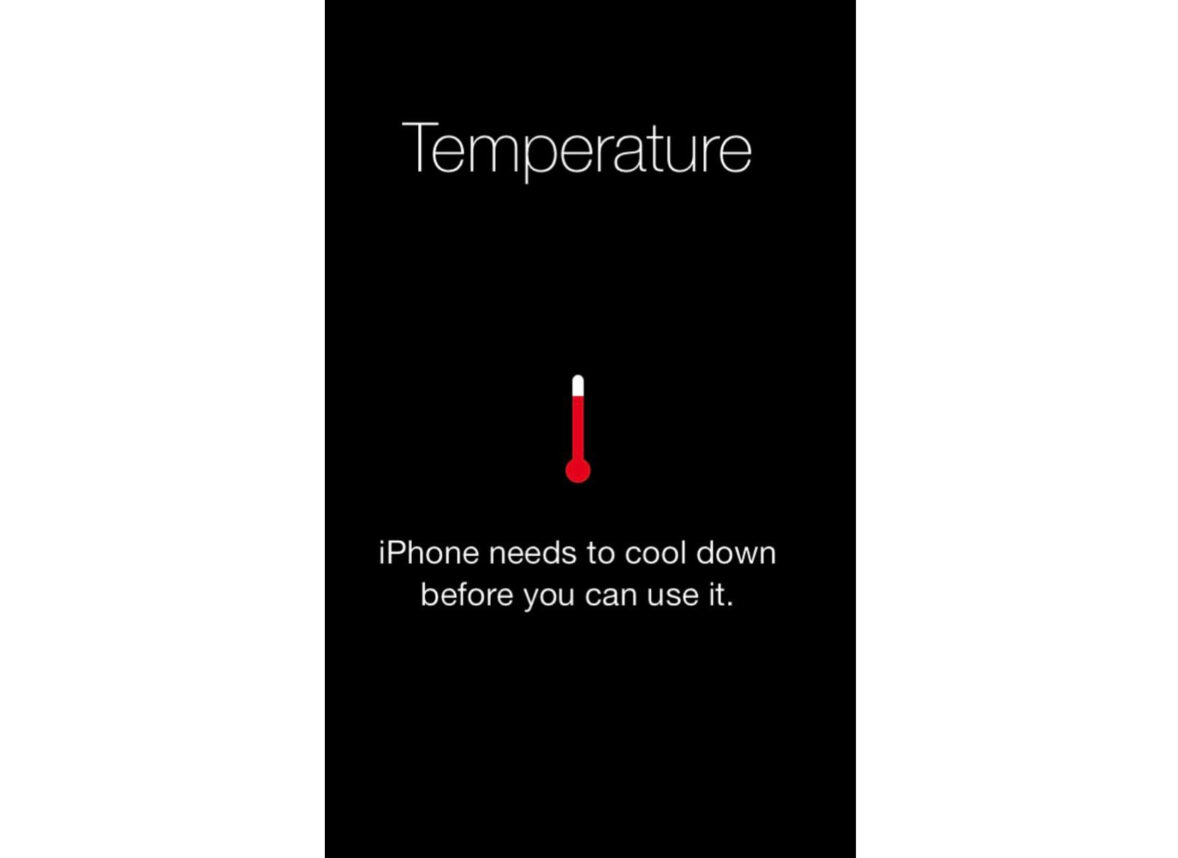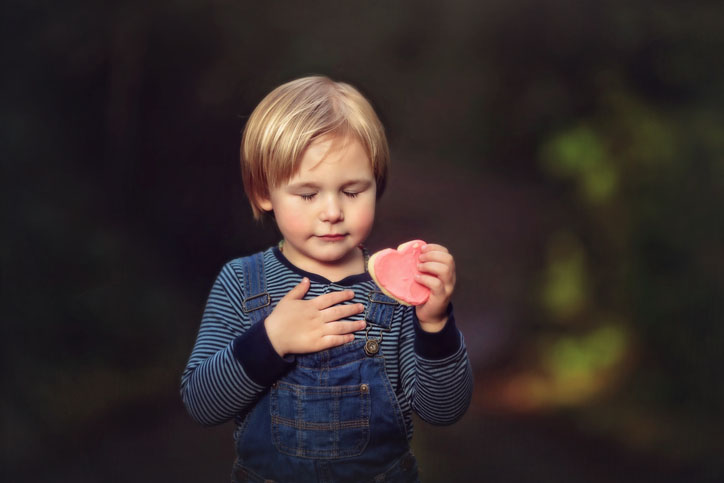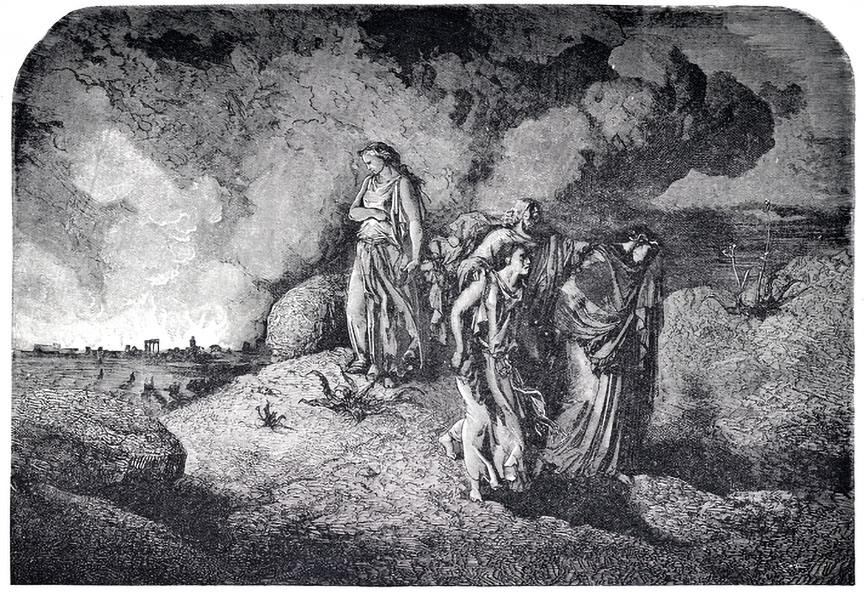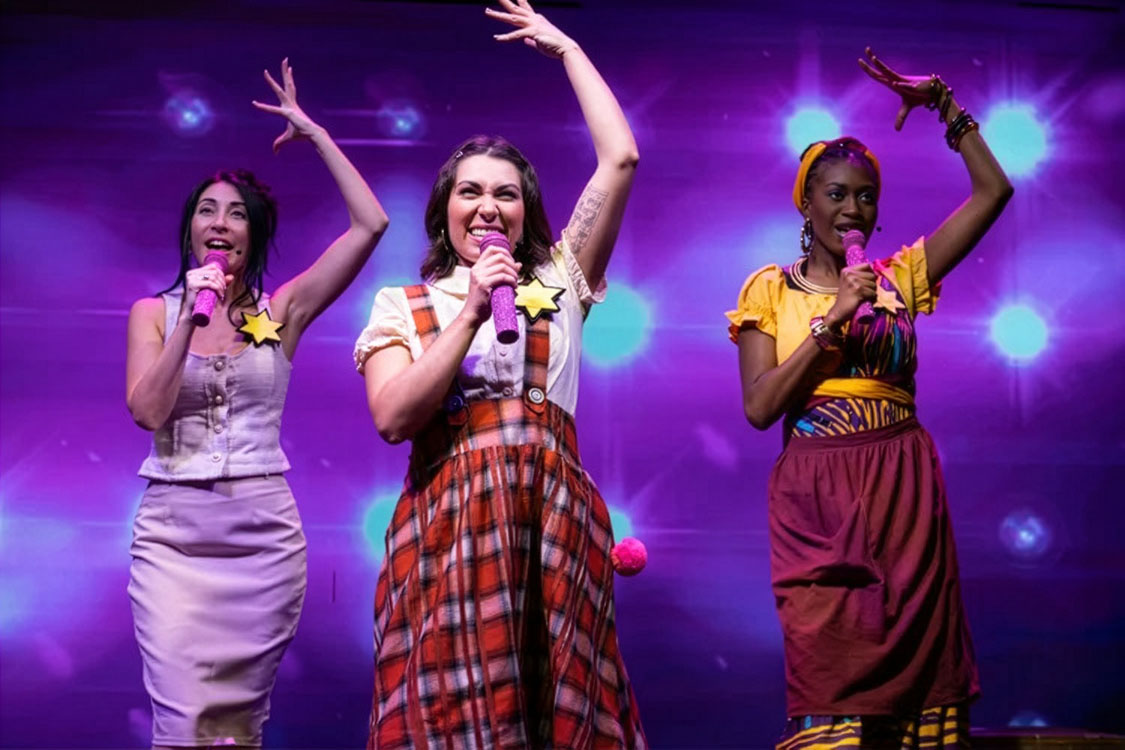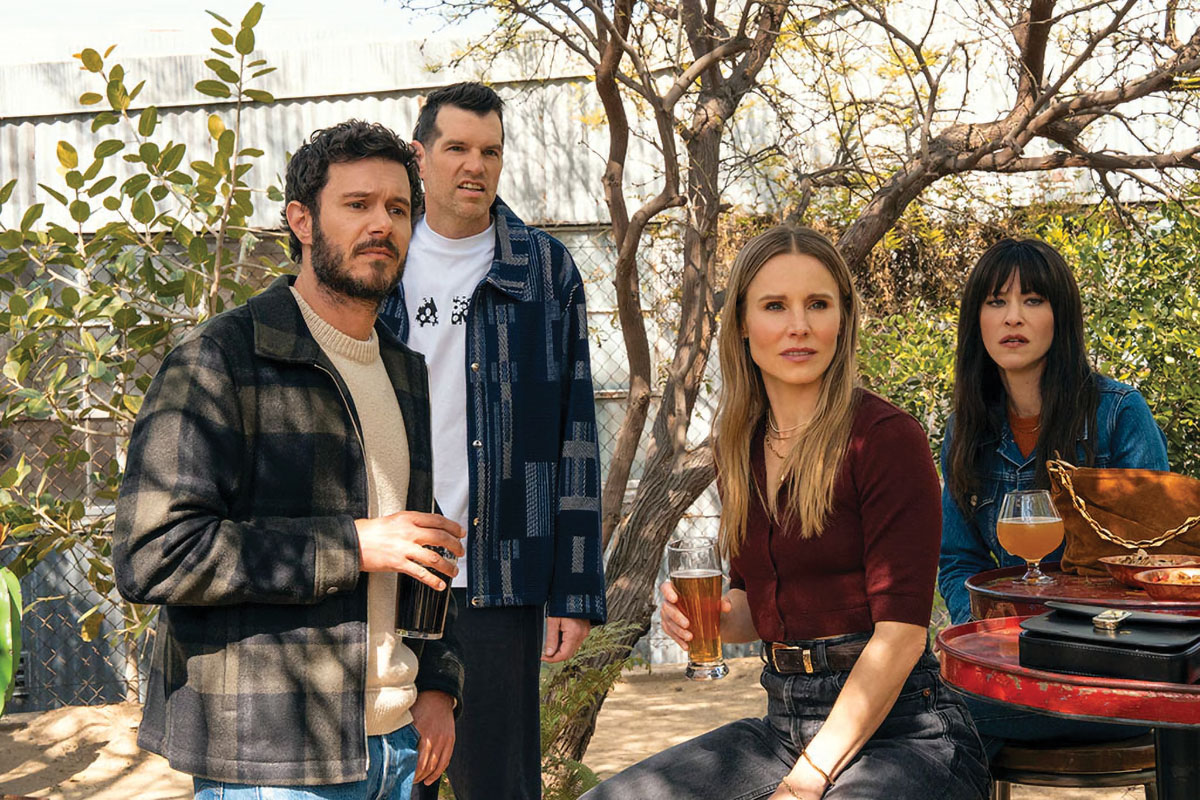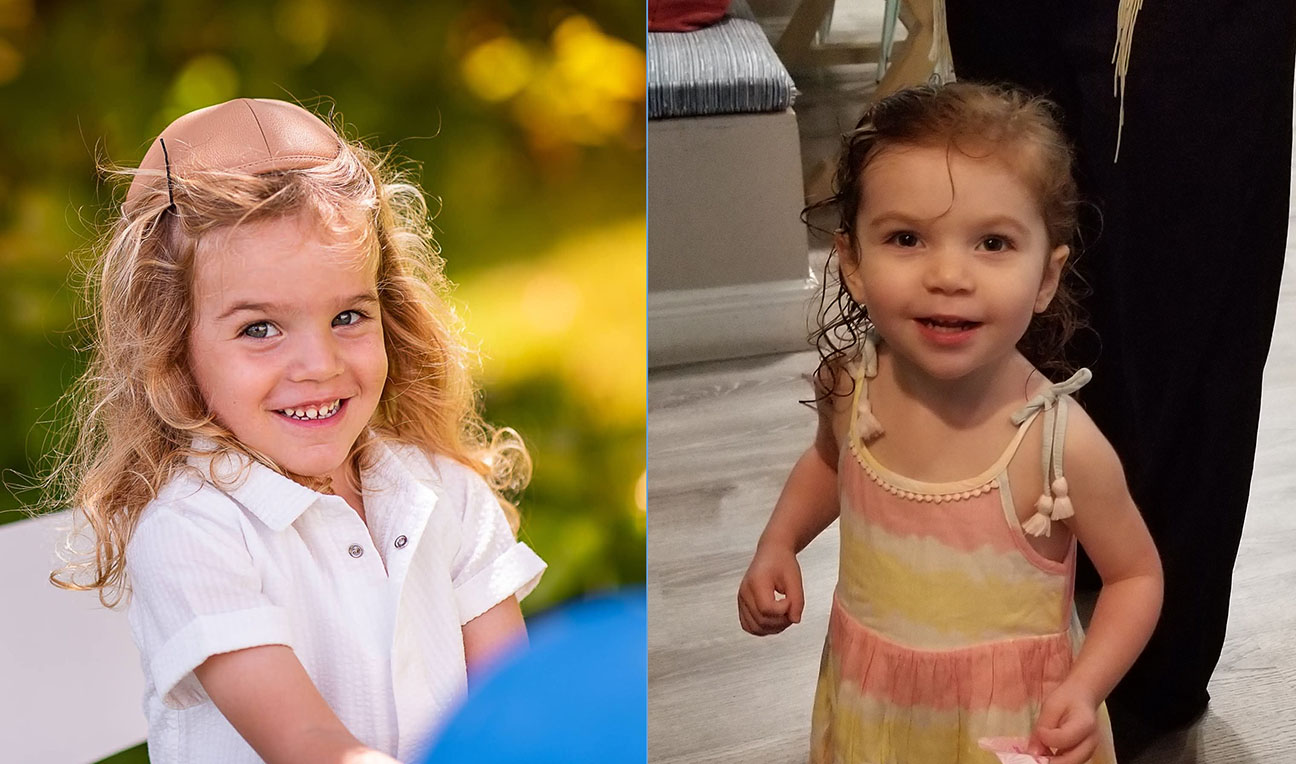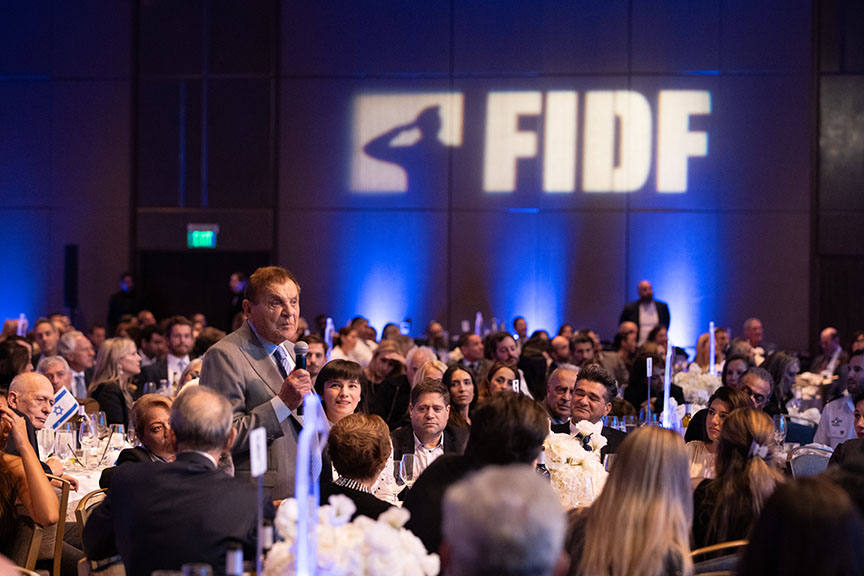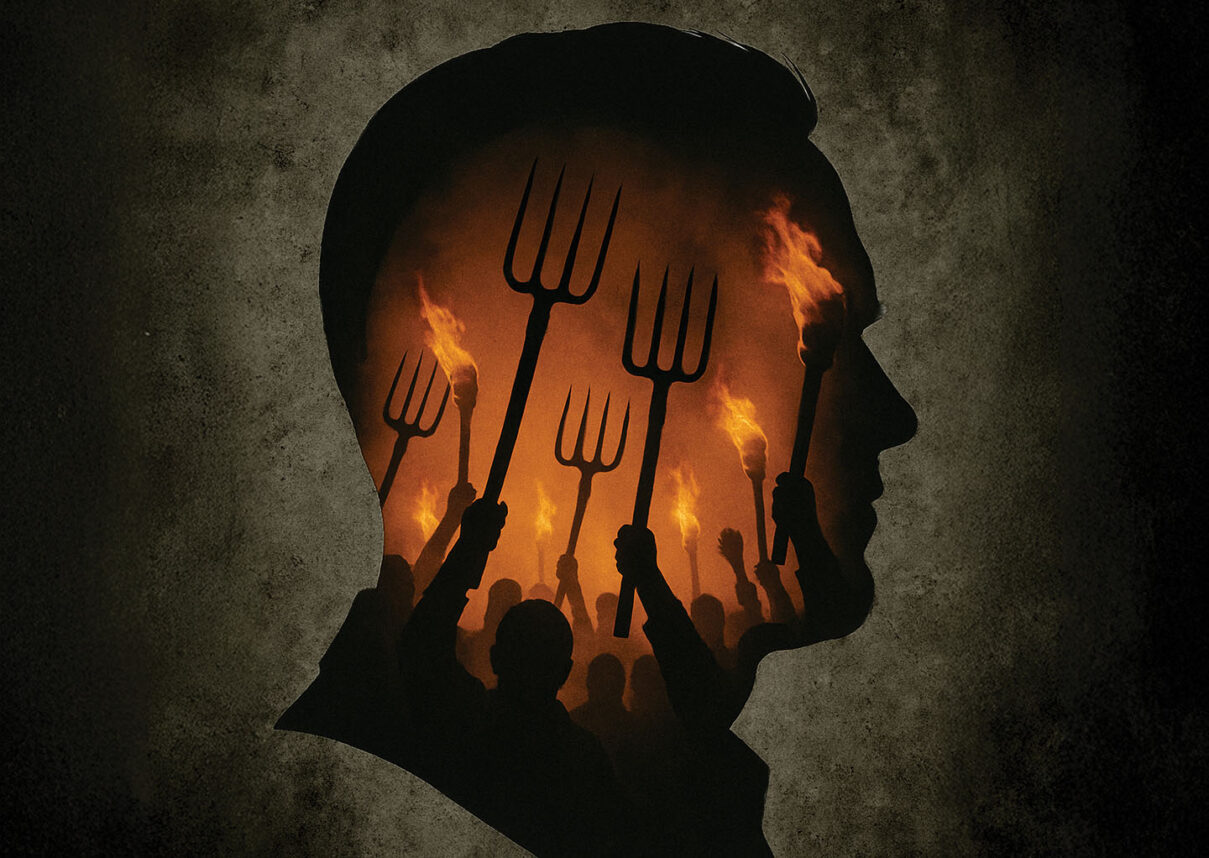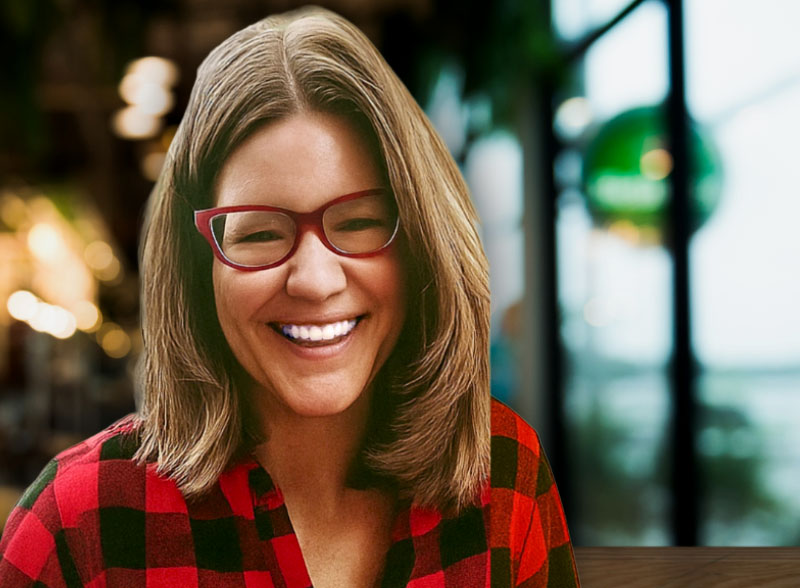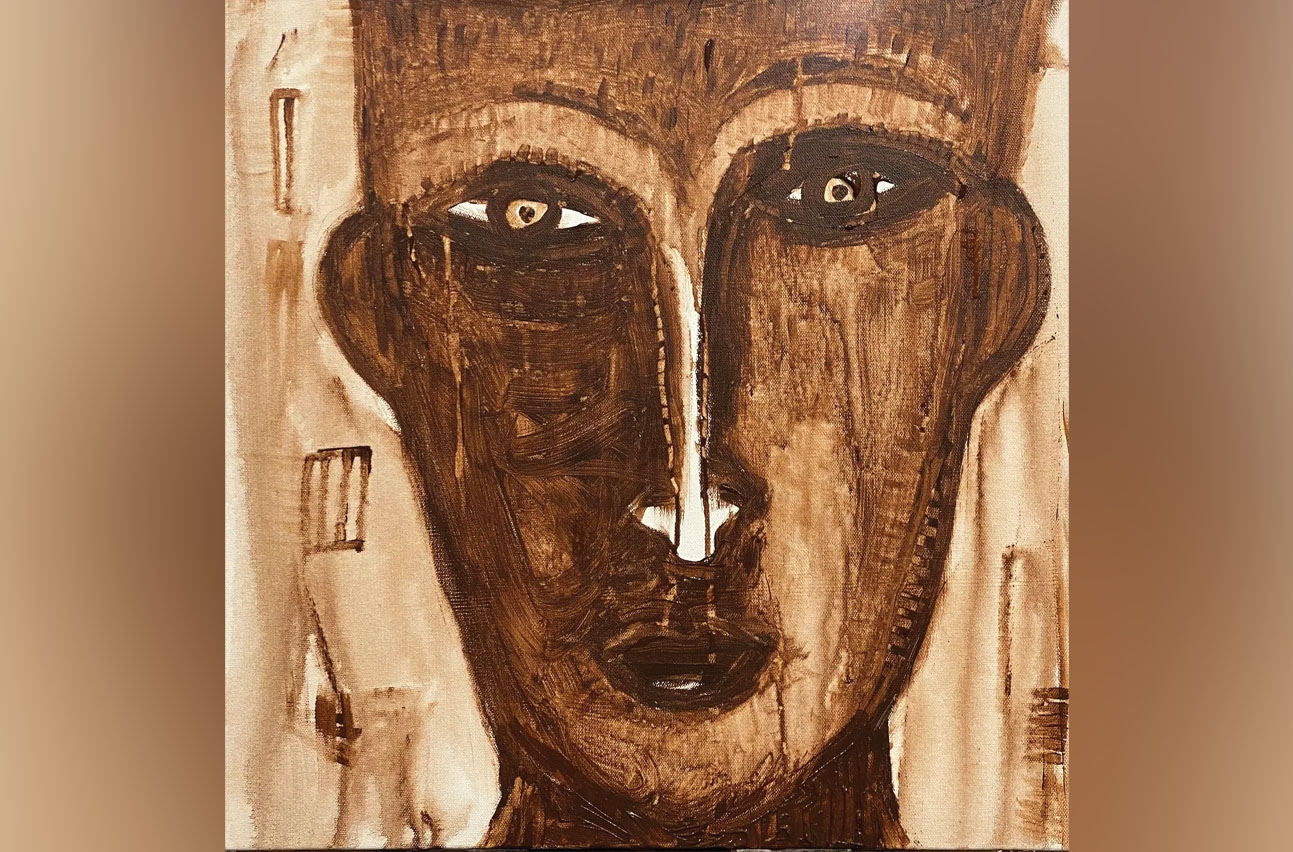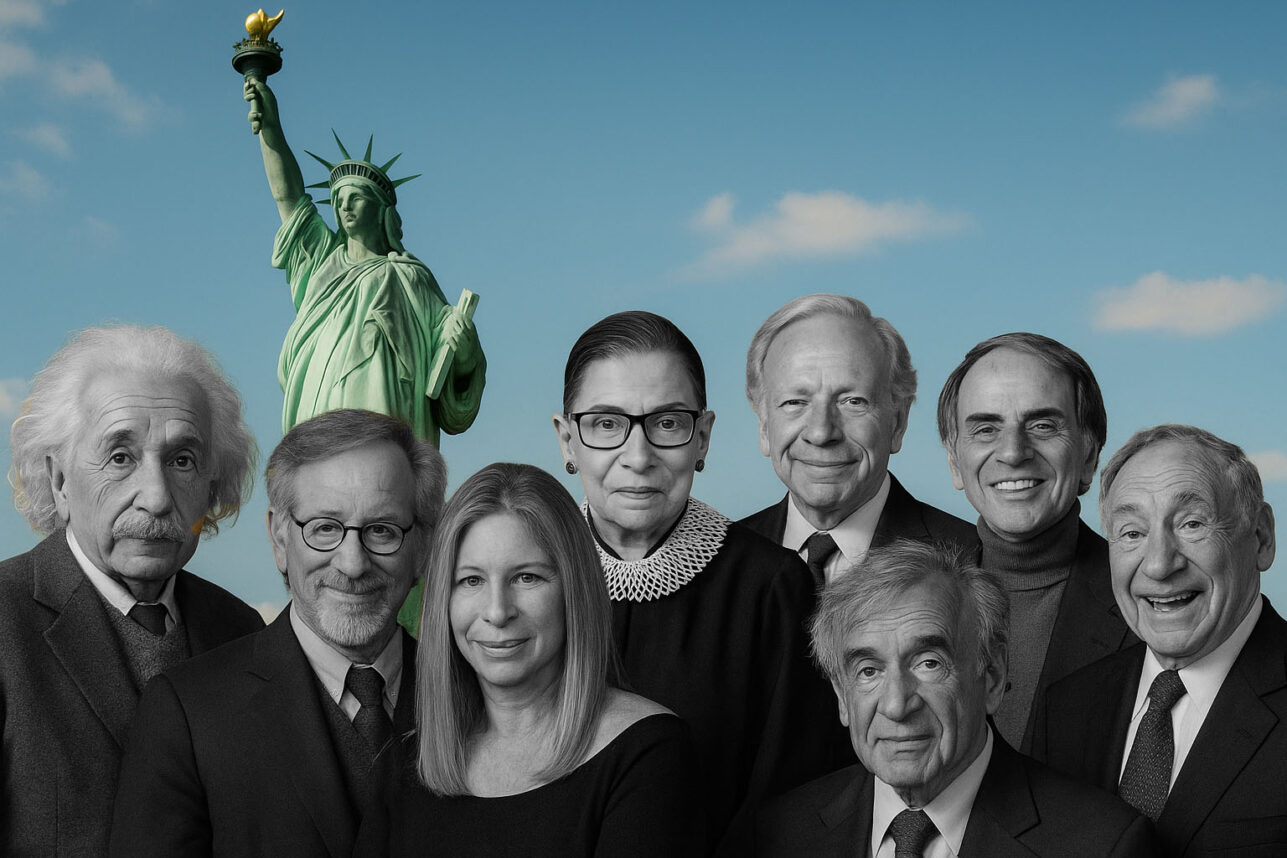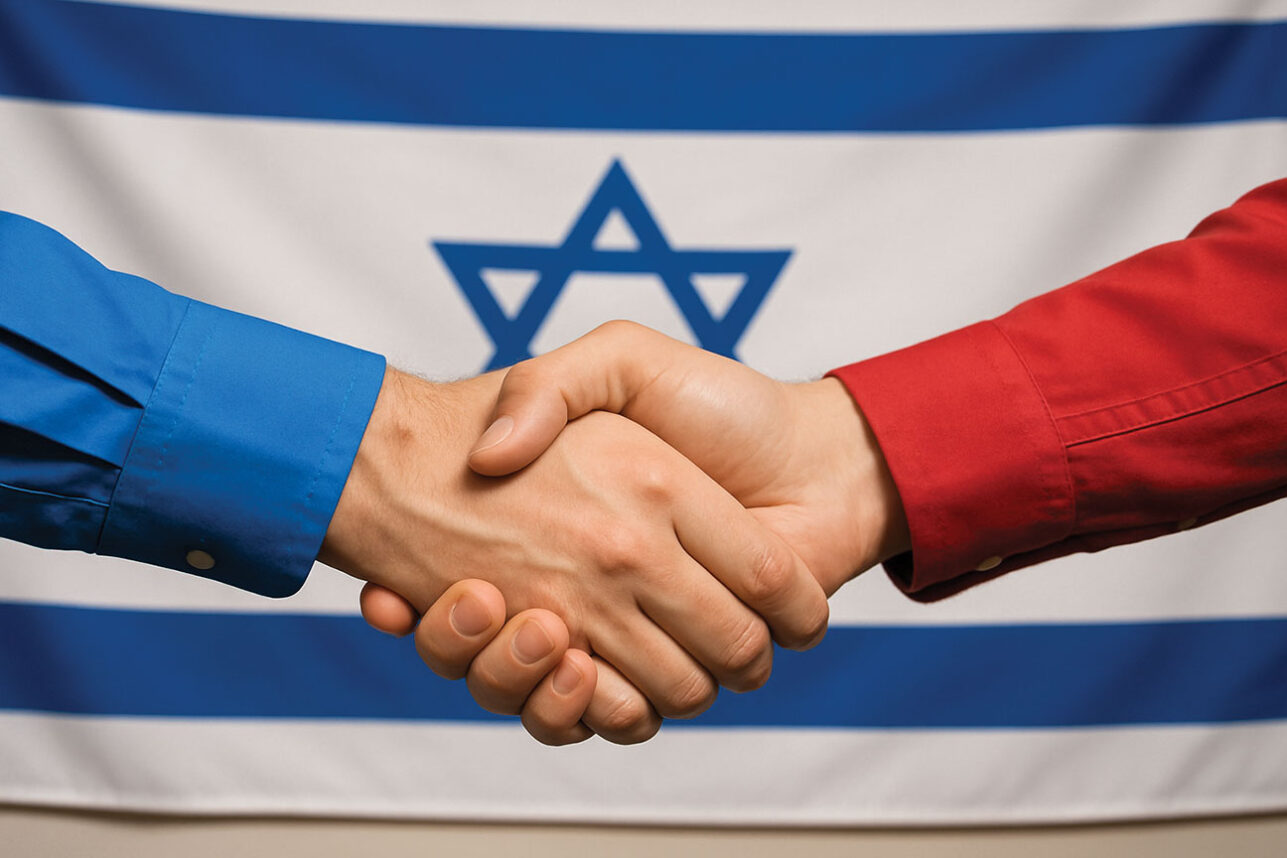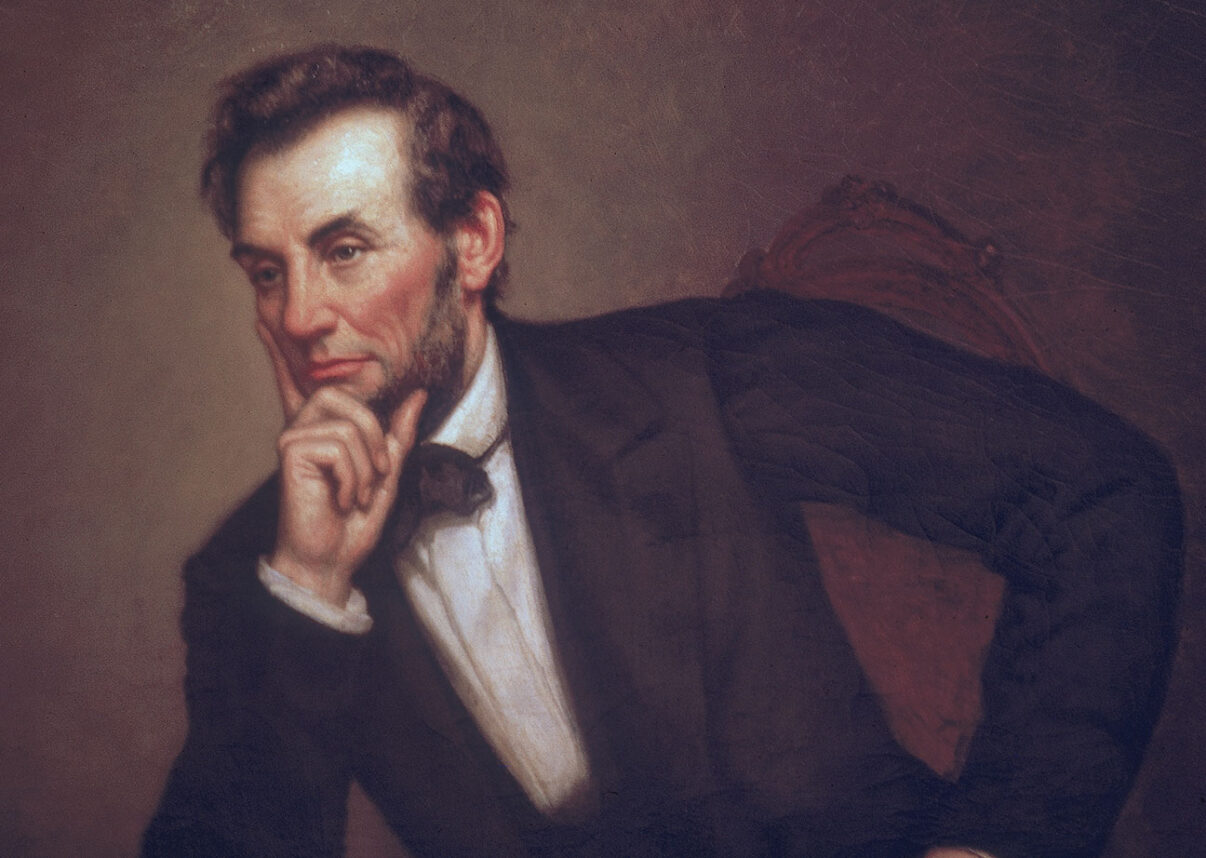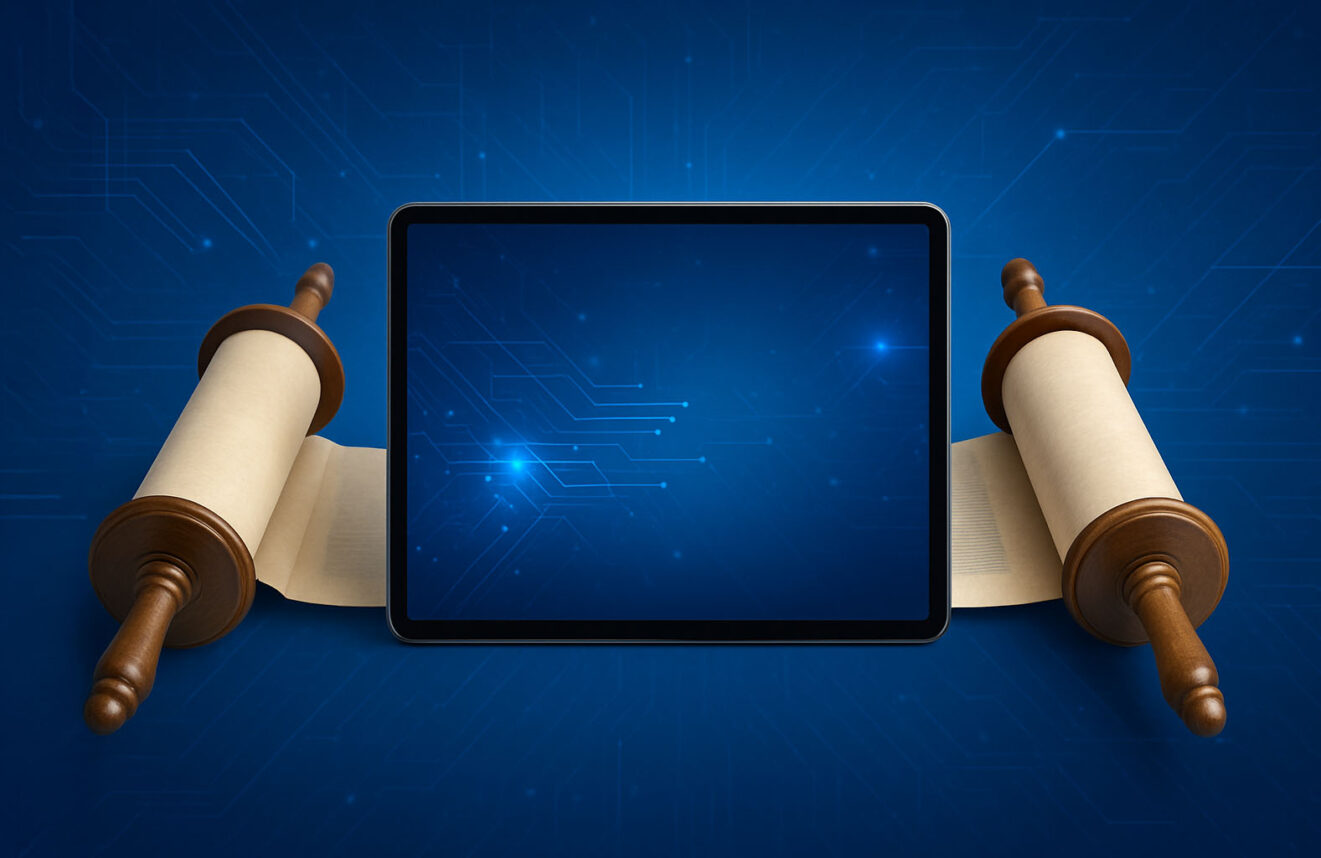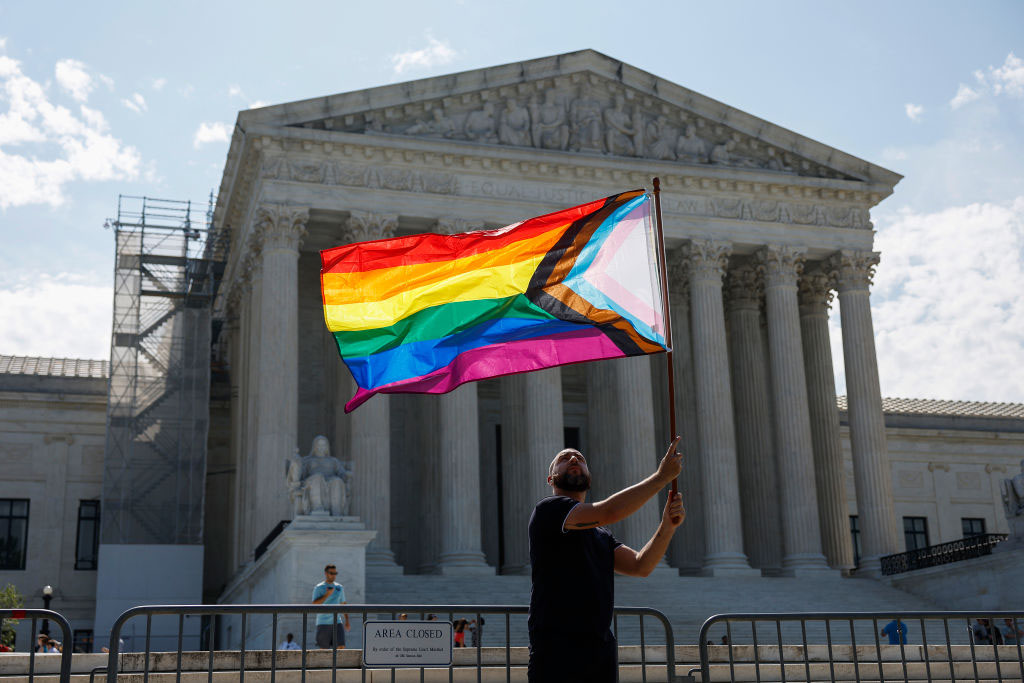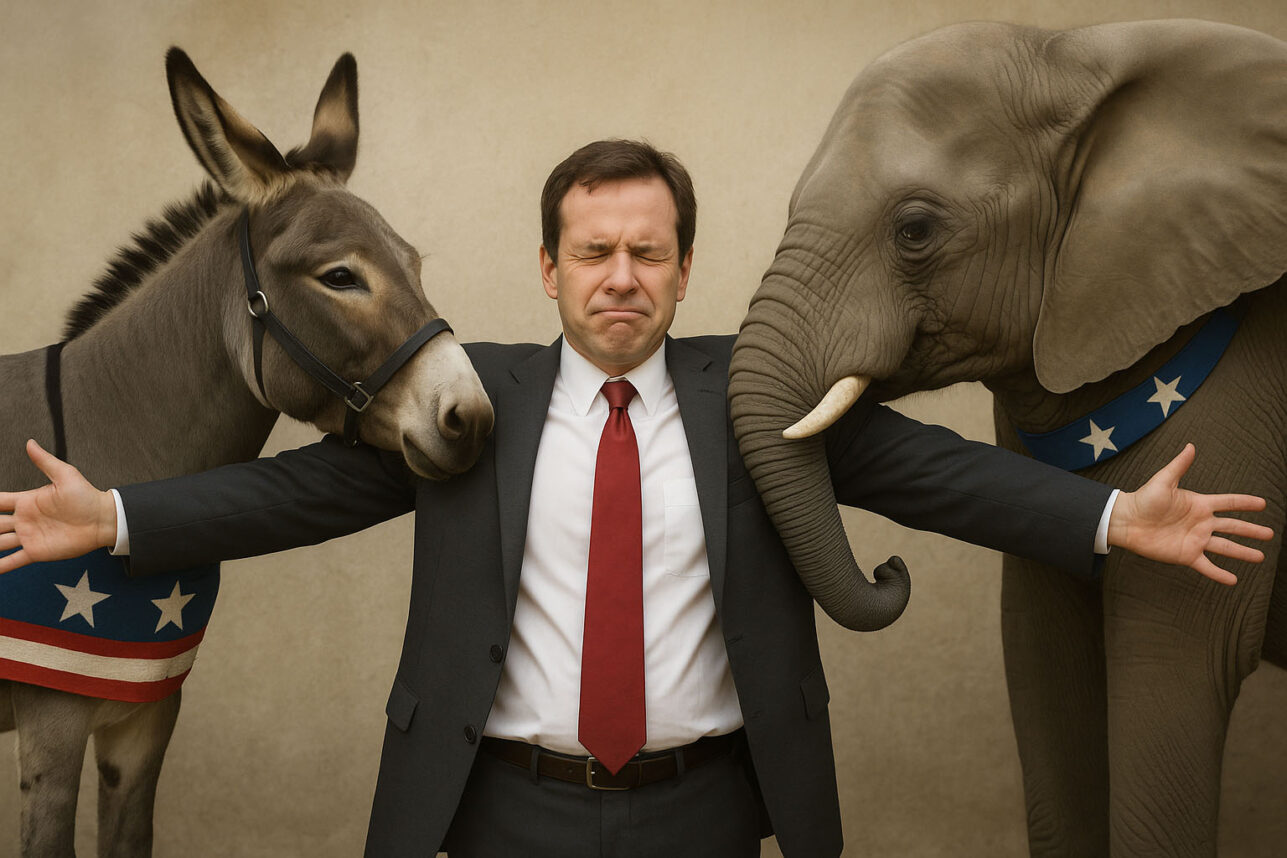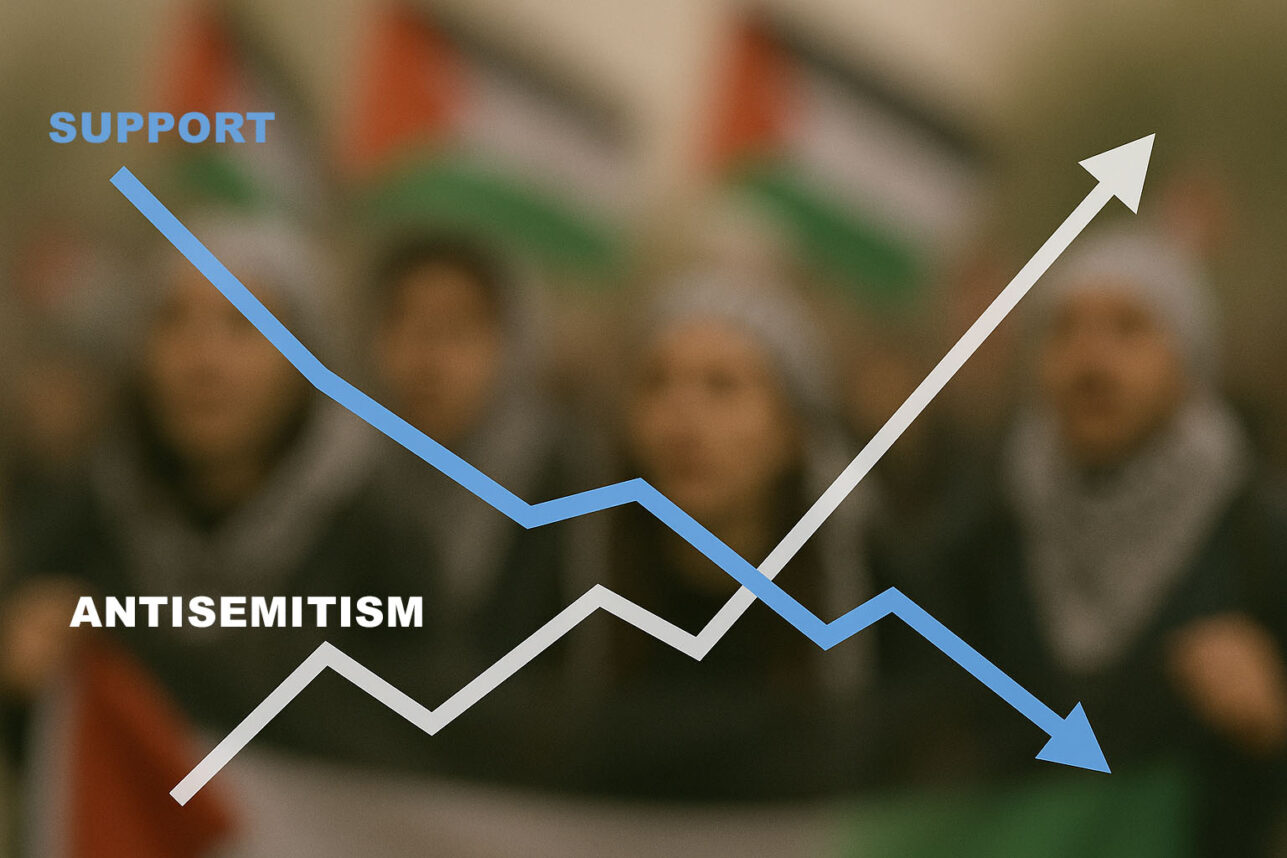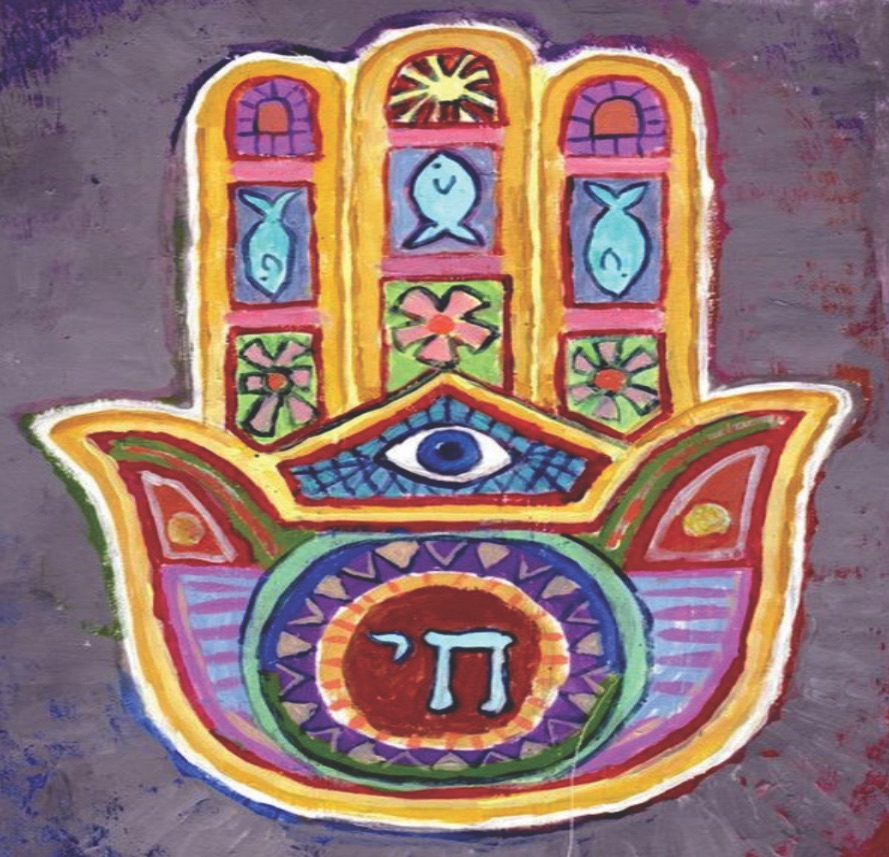
I remember the look on Rabbi Elazar Muskin’s face when I asked him if he could transform his very Ashkenazi synagogue, Young Israel of Century, into a Sephardic experience for one very special Shabbat morning — my son’s bar mitzvah.
To say that Rabbi Muskin’s synagogue is very Ashkenazi is like saying that the Lubavitcher Rebbe is Jewish. It’s Ashkenazi plus — and I say this as a compliment. This is a shul without an identity crisis. It knows exactly what it stands for and which traditions, rituals and melodies it enjoys.
But as much as I love the synagogue (I’m a member of several shuls so my kids can experience many traditions), I just couldn’t see myself abandoning centuries of my Moroccan tradition on my son’s special day, especially with an army of Sephardic relatives flying in from Montreal and other places.
So I knew I was asking for a lot. To show some accommodation, I mentioned that I could bring in a Sephardic chazzan who would lead Sephardic services using the shul’s own prayer books. After making a small grimace, the rabbi said, politely, “Well, David, I don’t think we’ve ever done that before, but why not? Let’s do it.”
Why am I telling you this story? Because of something that happened at the conclusion of the services, when longtime member Mark Goldenberg said, as part of his weekly remarks: “For years I thought we had the perfect shul, until I heard Sephardic davening and leining (Torah reading) this morning. Today we had the perfect shul.”
My ancestors could never have imagined a neighborhood like Pico-Robertson, where more than 40 distinct flavors of Judaism perfume the Shabbat air every week.
Maybe he was being polite because of all the out-of-town guests, but I do think Mark’s words speak to something I see more and more in the Jewish community — an embracing of Sephardic culture. It has become common for many of my Ashkenazi friends to serve Sephardic cuisine, sing Sephardic songs and inquire about Sephardic customs.
As you’ll read in our cover story this week on “The Sephardic Spirit,” for the past three years Rabbi Sarah Bassin of Temple Emmanuel of Beverly Hills has organized a celebration of a signature Sephardic custom — the Mimouna party on the night after Passover. Among other examples, Valley Beth Shalom in Encino regularly hosts Sephardic services on Friday nights.
There also seems to be a greater effort among Sephardic groups to reach out to the broader community. One of those groups is the Sephardic Educational Center (SEC), which is co-sponsoring a conference in Los Angeles next week featuring one of the premier Sephardic voices in the country, Rabbi Marc Angel from New York. Among the events will be a Sunday workshop at the Jewish Federation of Greater Los Angeles to assist Jewish educators in incorporating more of the Sephardic intellectual, cultural and Torah tradition in Jewish education.
Rabbi Angel, as well as his partner at the conference, SEC leader Rabbi Daniel Bouskila, are examples of Sephardic rabbis who love their Sephardic tradition but also feel at home in the Ashkenazi world.
This duality exemplifies the two forces that animate the delicate notion of cultural exchange: the comfort of the familiar versus the thrill of discovering the new.
It’s human nature to get attached to one’s customs, especially when it comes to something intimate like prayer melodies. Melodies have the power to bring back cherished memories of years long gone. We feel a deep bond with rituals and liturgies that have been handed down from one generation to the next and have sustained us for so long.
And yet, we are living in radically different times. My ancestors could never have imagined a neighborhood like Pico-Robertson, where more than 40 distinct flavors of Judaism perfume the Shabbat air every week. In the Casablanca neighborhood where I grew up, there was a grand total of one flavor.
Maybe this is the essential point: All Jewish traditions, by the very fact that they are Jewish, belong to every Jew.
For many of us, this modern mingling is bound to disrupt our habits and ignite our curiosity gene. There are Ashkenazi melodies that bring tears to my eyes; Chassidic melodies that stir my soul. I get to taste them anytime I want. Many years ago, I had a group of Ashkenazi friends at our synagogue in Venice Beach who insisted that we pray Sephardic style on Yom Kippur. They couldn’t get enough of it. They were blown away that these melodies were part of their people’s story. They felt as if the melodies belonged to them as much as they belonged to me.
Maybe this is the essential point: All Jewish traditions, by the very fact that they are Jewish, belong to every Jew. Are the traditions different? How could they not be? Sephardic Jews, who are diverse in their own right, have a unique, rich and varied history, with their own cultural, geographical and religious influences. How could the customs and melodies not be radically different?
But walk into any Ashkenazi and Sephardic synagogue and you’ll discover something comforting and also extraordinary: No matter how radically different our melodies may be, the words themselves are pretty much the same. Just ask Rabbi Muskin.









